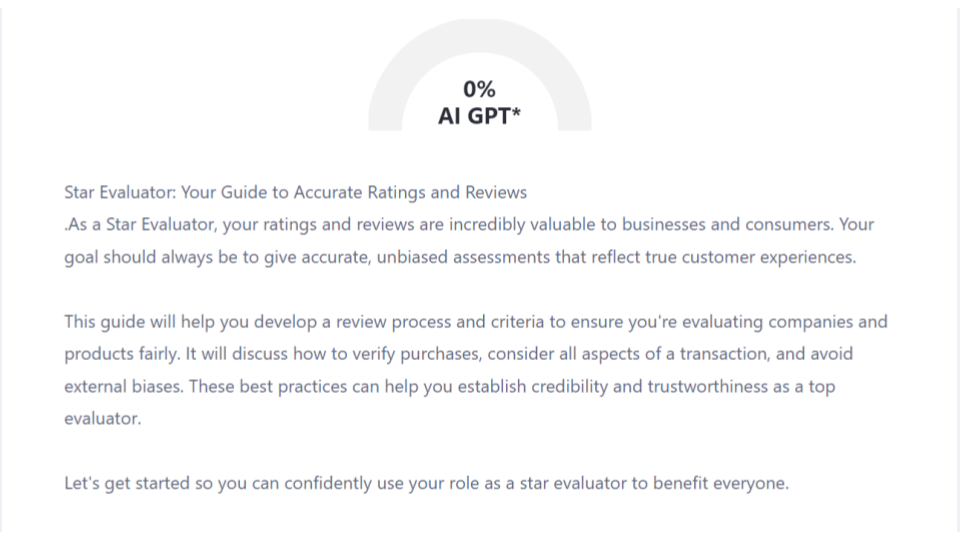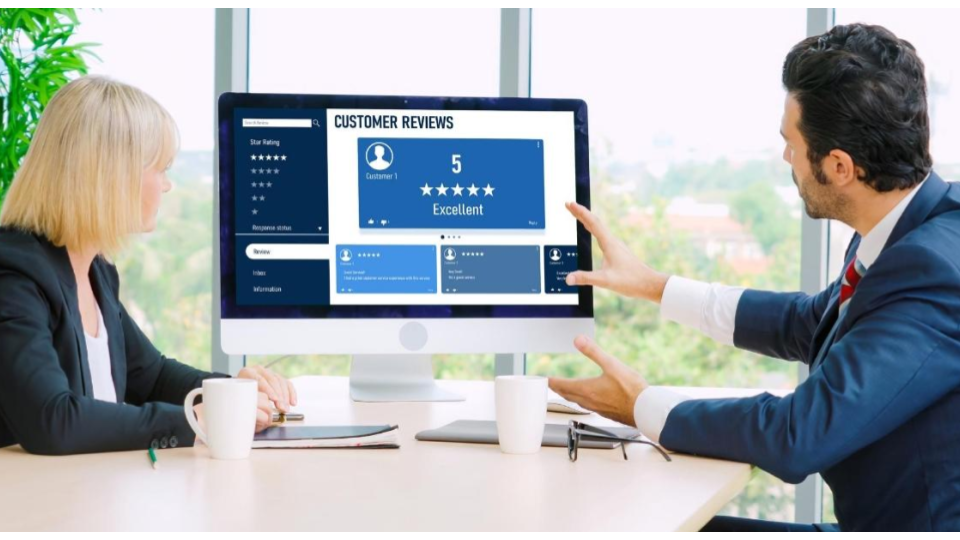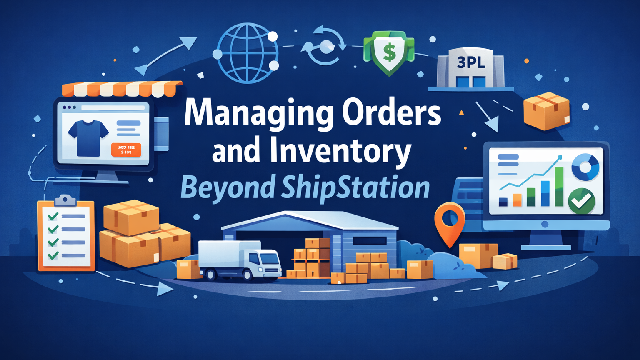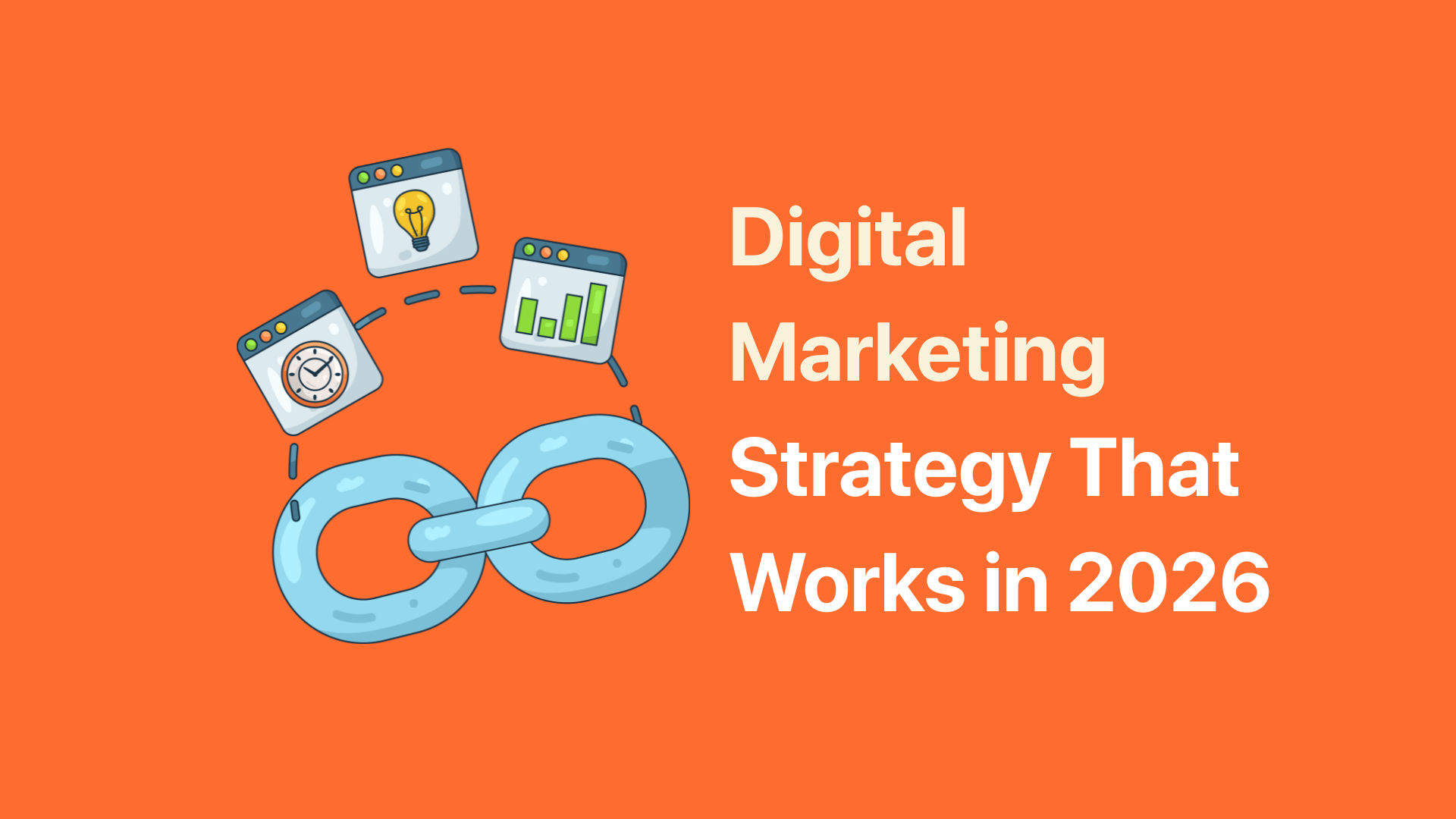The Vital Role of Integrity in Today's Digital Ratings and Reviews
In today's digital world, when online reviews have a big impact on customer decisions, preserving the integrity of ratings and reviews is critical. Businesses rely largely on reliable feedback to better understand customer experiences, and consumers rely on these evaluations to make educated purchase decisions.
This case study looks at the function of Star Evaluator, a sophisticated tool that helps businesses and evaluators ensure the quality and dependability of online evaluations.
The Importance of Accurate Ratings and Reviews
In the B2B market, reliable ratings and evaluations may make or break a product's reputation. Positive reviews can increase sales and customer loyalty, and negative evaluations, when correct, give useful information for development.
However, the rising popularity of phony reviews has made it more difficult to distinguish between legitimate and fraudulent comments. This is where the Star Evaluator framework comes into play, providing a powerful solution for detecting and eliminating mistakes in online reviews.
Identifying Fake Reviews Using an Evaluation Tool
One of the primary characteristics of an evaluator should be its ability to detect phony reviews using a multifaceted approach. Here are the major approaches used:
a. Language Patterns: Fake reviews frequently use strange language patterns, such as excessively favorable wording without specifics or repeated phrases. Star Evaluator analyzes word choices using complex algorithms, allowing it to discern between real consumer feedback and manufactured evaluations.
b. Date and Time Patterns: The timing of evaluations might also reveal probable fraud. A cluster of reviews made within a short time frame, particularly those with identical language and substance, may indicate coordinated phony reviews. Evaluators are taught to examine these patterns to detect and flag questionable activities.
c. Reviewer Profiles: The legitimacy of a review is strongly linked to the reviewer's profile. Genuine reviewers usually have a continuous history of offering input, whereas false accounts sometimes lack detail or exhibit evidence of manipulation, such as rapid changes or an unexpected surge in activity.
d. Star Rating Distribution: A strangely skewed distribution of star ratings might be a warning sign. For example, a product with an unusually high number of extremely favorable or negative reviews may be the subject of review manipulation. Star Evaluator urges evaluators to seek balanced rating patterns that appropriately represent a wide variety of customer experiences.
e. Cross-Platform Comparisons: Comparing reviews from other platforms might yield extra insights. Inconsistencies in feedback across many sites might suggest the presence of false reviews on one or more platforms.
Key Criteria for Effective Evaluation
Star Evaluator takes a methodical approach to ensuring that reviews are credible and unbiased. To ensure the validity of their evaluations, evaluators must follow several key criteria:
a. Verification of Purchases: It is critical to ensure that the reviewer purchased and used the product or service. This helps to remove fraudulent evaluations from those who have no firsthand experience with the item.
b. Comprehensive Review Process: Evaluators should analyze all parts of the transaction, from the first purchase to the ultimate use of the product or service. This comprehensive methodology guarantees that the evaluation accurately captures the full client experience.
c. Avoiding External Biases: Personal biases and other influences can impact the veracity of reviews. The Star Evaluator promotes an impartial position, concentrating purely on the facts and actual performance of the product or service.
Practical Application: Star Evaluator in Action
A B2B firm in the technology industry has used Star Evaluator to organize and evaluate client feedback for their most recent software product. Using the Star Evaluator framework, the organization was able to discover and eliminate over 150 phony reviews that were harming their product's online reputation.
This not only enhanced the accuracy of their overall ratings but also helped to rebuild client trust. The firm used Star Evaluator's rules to validate the legitimacy of each review, which included cross-referencing purchase histories, assessing reviewer profiles, and examining language trends.
As a consequence, they were able to give a more realistic representation of their product, resulting in a 25% increase in consumer engagement and a 15% increase in sales in only three months.
Conclusion
In today's digital economy, where trust and transparency reign supreme, accurate ratings and reviews are more vital than ever. Having an evaluator is an essential tool for organizations wishing to protect the integrity of their online feedback.
Companies that follow the best practices mentioned in this case study can improve the trustworthiness of their reviews, resulting in higher customer satisfaction and company success.
Partnering with an evaluator enables businesses to preserve their image while also gaining useful insights from genuine consumer feedback. As fraudulent reviews become more common, the importance of a credible assessment framework such as Star Evaluator grows.
Companies that adhere to ethical and accurate review methods may guarantee that their products and services are appropriately represented in the marketplace, resulting in long-term success. Adopting a strong review management system is not just a choice; it is a need for firms hoping to maintain a competitive advantage.
Businesses that integrate this technology into their operations may protect their brand, create consumer trust, and achieve long-term success in an increasingly complicated digital world.









